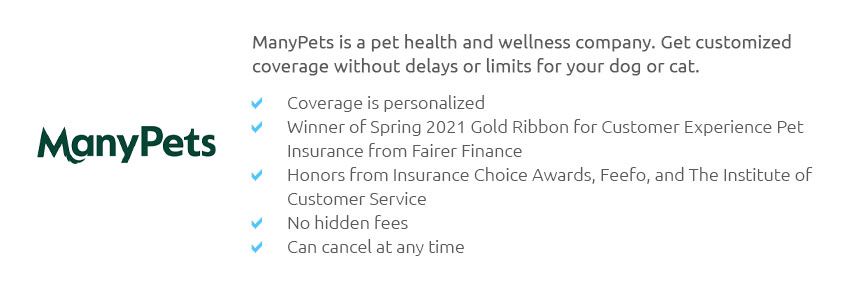 |
 |
 |
 |
 |
|
 |
|
 |
|
 |
|
 |
|
 |
|
 |
|
 |
 |
pet health insurance average cost, decoded for calmer decision-makingThe typical monthly spend right nowBig picture, accident & illness plans tend to cluster around these ranges: dogs: $40 - $75/month, cats: $20 - $45/month. Accident-only plans usually land lower: dogs: $10 - $25/month, cats: $8 - $20/month. Seniors, high-risk breeds, and high-cost metros can run hotter: dogs can push $90 - $150/month, cats $35 - $70/month, especially with richer benefits. Annualized, that's roughly $480 - $900 for many dogs and $240 - $540 for many cats on accident & illness, before deductibles and co-pays. The "average" hides a lot of texture. What actually moves the premium
Quick math: make a quote feel real
A small, real-world momentLast spring, my dog swallowed a sock - classic. The bill was about $3,200. With an $500 deductible and 80% reimbursement, I paid roughly $1,040 out of pocket. I submitted the claim in the parking lot; the reimbursement posted six days later. Not glamorous, just steadying. How to estimate your own number in five minutes
Ways to stabilize the bill without cutting coverage too far
Quiet caveats that bend the averages
Is it worth it? A calm way to decideIf you can absorb a $3,000 - $5,000 surprise without stress, you may lean to higher deductibles or even accident-only for young, healthy pets. If predictable payments help you protect savings - and your breed or city trends expensive - full accident & illness at mid settings (e.g., $500 deductible, 80%, $10k limit) usually balances price and stability. Simple rule of thumbPremium under about 1 - 2% of take-home income and a plan that blocks four-figure shocks is generally a good trade. If it's much higher, tighten coverage or consider a larger deductible and a small, dedicated pet fund. I'll admit a soft doubt: the "average" is a moving target. ZIP codes shift, vet fees rise, and two insurers can define the same term differently. That's okay - your goal isn't perfect forecasting; it's removing bill panic from an already hard moment. Final nudgeGet two or three quotes, model one mid claim and one big claim, and choose the setting where you'd sleep fine either way. That's the real win behind the pet health insurance average cost: less drama, more control.
|